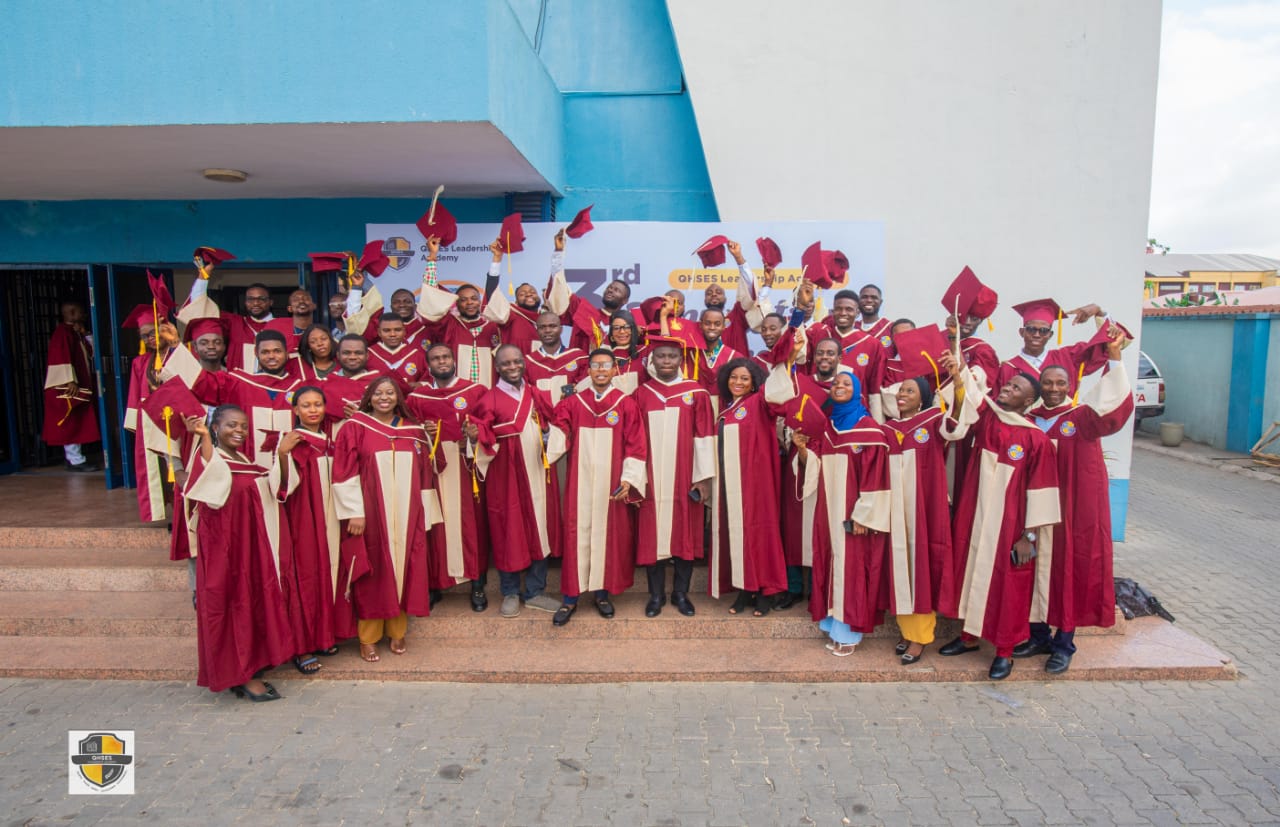Qatar’s Ambassador Inaugurates Mosque Named After 9th Century Scientist At Abuja Airport
The Ambassador of the State of Qatar to Nigeria, Dr. Ali bin Ghanem Al-Hajri, has inaugurated ‘Al-Alem Abbas Ibn Firnas Mosque’ at the Nnamdi Azikiwe International Airport, Abuja. The event, which took place on Wednesday, July 30, 2024, was attended by a number of scholars and senior government officials. In his remarks during the inauguration […]

The Ambassador of the State of Qatar to Nigeria, Dr. Ali bin Ghanem Al-Hajri, has inaugurated ‘Al-Alem Abbas Ibn Firnas Mosque’ at the Nnamdi Azikiwe International Airport, Abuja.
The event, which took place on Wednesday, July 30, 2024, was attended by a number of scholars and senior government officials.
In his remarks during the inauguration of the mosque project, which was funded by the government of the State of Qatar, the Ambassador stressed the significance of naming it after the 9th century scientist – Al-Alem Abbas Ibn Firnas.
“The mosque is named after Abbas ibn Firnas, a 9th century Andalusian scientist who was considered one of the prominent Muslim scholars who left immortal imprints and diverse intellectual output that is unmatched in the human heritage. His scientific inventions were – and still are – a source of pride and honour in the history of science,” he maintained.

According to him, the mosque was a gesture to highlight the achievements of Ibn Firnas and his revered knowledge and inquisitive mind, as well as his fame, which has spread throughout the world. He emphasised that, “his repute in the history of aviation is paramount; and this is because, in addition to his inventions that are still in use today including fountain pen and Planetarium, there is no much dispute among historians that Ibn Firnas was the first to attempt to fly using wings.”
What makes the mosque project uniquely imperative according to Mr Al-Hajri, “is its being situated in the most important airports in Africa, an airport that doubles as a major gateway for those coming from all over the world to the Federal Republic of Nigeria, the second largest Muslim country in terms of population, with approximately 230 million people, and the largest country in the African continent in terms of economy, politics and culture.”
He also expressed that despite the fact that many centuries have passed since his life, there are structures around the world today that have been erected to immortalise the scientist, especially in airports, adding that “the most famous of these is his towering statue at Baghdad International Airport. The former Jeddah International Airport bore the name of this scientist in honour of his unique inventions and contributions to the field of aviation in particular, and the advancement of science in general. A crater on the moon was named after him by the International Astronomical Union in 1976.”
At the end of the event, the Qatari Ambassador unveiled stone plaques engraved with a summary of Ibn Firnas’ achievements in five languages, including the three main Nigerian languages namely Hausa, Igbo and Yoruba.










